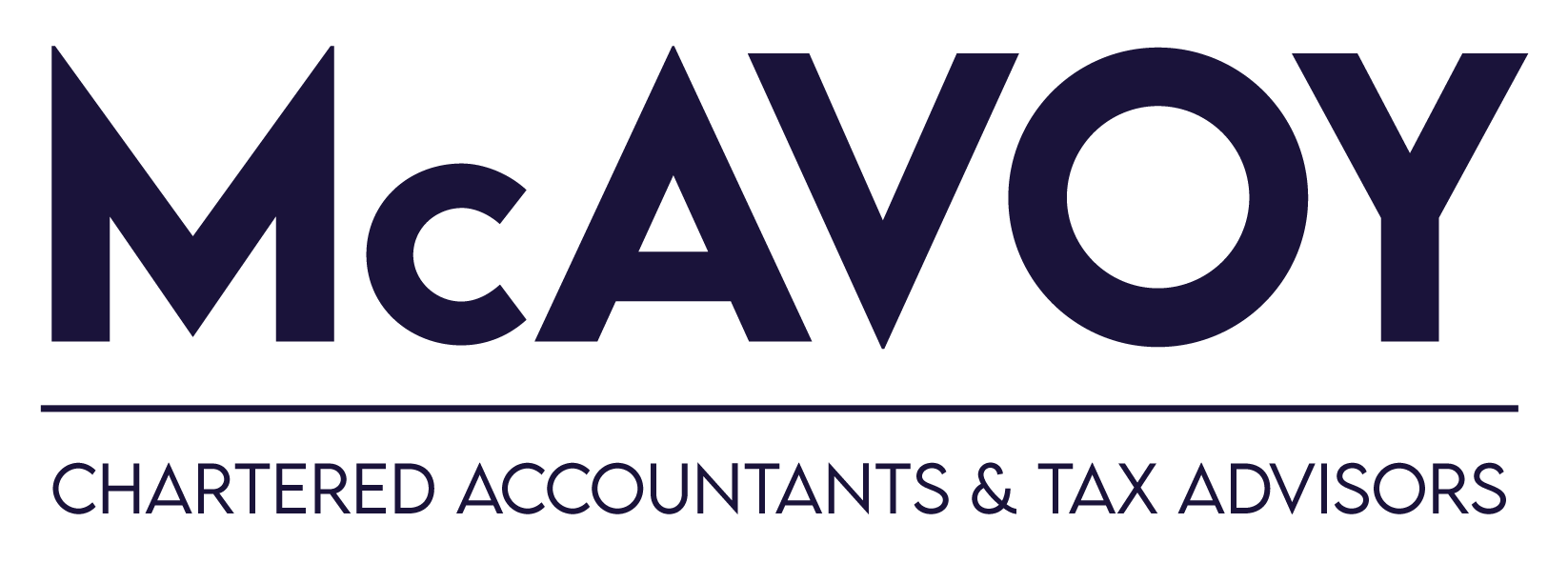
While it might seem far away at the moment, 2024 is a year with big changes coming for payroll and payroll reporting obligations.
What’s Happening in 2024?
- Employee Pension auto-enrolment is coming into effect in the second half of the year and,
- From January 2024, employers will be obliged to provide to Revenue details on:
- The remote-working allowance,
- Travel and subsistence allowances and,
- All benefits provided under the Small Benefit Exemption.
Revenue issued a circular to all employers and tax agents outlining the additional taxable benefits that will need to be included in the payroll information from January 2024. Revenue refer to this as Enhanced Reporting.
What has happened is that following on from the enactment of Finance Act 2022, benefits including Travel and Subsistence, the Small Benefits, and the Remote Working Daily Allowance will all need to be included in the payroll submissions to Revenue from January 2024. Revenue’s circular provides details of the information to be submitted with each payment.
What does this mean?
The requirement for these details in the monthly payroll files is another step in Revenue’s increasing digitalisation of payroll data. It will provide Revenue with further information for monitoring and auditing the PAYE system.
Help! What should I do?
Number one, don’t panic. Ahead of the changes coming in January 2024, its useful to review the current tax treatment of the non-taxable benefits that will fall under Enhanced Reporting.
So, ahead of the upcoming changes, you should consider undertaking an audit of your payroll processes to ensure that:
- Your current processes for managing any non-taxable payments to employees, including vouchers, remote working allowances and travel and subsistence allowances are in line with current tax legislation.
- You and your payroll team are aware of the additional information required to be submitted to Revenue and have a process in place to gather this information.
Currently, there is extensive legislation and Revenue commentary on the tax treatment of the non-tax benefits that are to be subject of Enhanced Reporting. Below you will see an overview of the current legislation as well as the details that need to be included in Enhanced Reporting came into effect in January 2024.
Travel and Subsistence: What you need to know
- In general, expenses incurred on travel and subsistence are treated as a non-taxable benefit for the employee.
- However, under TCA 1997, s.114 only expenses of travel and subsistence that are necessarily incurred in the performance of the duties of the taxpayer’s office or employment while the employee is temporarily away from his or her normal place of work are non-taxable. This is a notoriously restrictive rule that often produces additional PAYE liabilities for the unwary.
- Employee expenses are paid by reimbursement, either on the basis of flat rate expenses (generally based on Civil Service Rates) or vouched expenses.
- Round sum expenses are taboo. If an employee is paid a weekly or monthly round sum for expenses irrespective of the expenses actually incurred, the payment is taxable and subject to PAYE, USC and PRSI.
- Enhanced Reporting requires details of the date and amount paid for each of the following:
- Payments for eating on site.
- Payments to site-based employees including the payment of Country Money.
- Payments for emergency travel
The Small Benefit Exemption : What you need to know
- Under the Small Benefits Exemption, an employer may provide up to two vouchers or other non-cash benefits to their employees each year without having to deduct tax.
- The vouchers cannot exceed an aggregate value of €1,000 per annum.
- The vouchers cannot form part of a salary sacrifice arrangement nor can they be redeemed in whole or in part for cash.
- If the employer provides more than two benefits or vouchers in the year to the employee, any additional vouchers/benefits are taxable as additional salary.
- Enhanced Reporting requires that the value of each small benefit and the date it’s provided must be included in the payroll reporting.
The Remote Working Allowance: What you need to know
- The Remote Working Daily allowance is a non-taxable daily allowance paid to remote workers who have an agreement with their employer to allow them to work remotely from the main office.
- The purpose of the allowance is to offset against the costs of heat, lighting, electricity and broadband that the employee may incur while working remotely.
- The scheme only applies where an employee is working remotely during his/her normal working hours. It does not apply where an employee brings work home and works outside of their normal hours.
- The maximum daily allowance is €3.20 per day.
- The employee is not able to claim e-working tax relief on utilities and broadband if they are in receipt of the e-working allowance.
- Enhanced Reporting requires employers to include details of the number of days for which the allowance is paid, amount paid, and dates of payment.
Why is Revenue doing this?
- The provision of this additional information will provide Revenue with greater oversight of the management and processing of payroll in companies across Ireland.
- Following the overhaul of the Revenue Compliance Intervention framework in 2022, that updated and modified Revenue’s procedures for undertaking audits and other compliance interventions, Revenue have indicated that they will make increasing use of their electronic resources to target taxpayers for compliance intervention.
- Enhanced Reporting therefore is likely to result in an increase in the level of Revenue’s desktop compliance checks on payroll taxes.
Okay, but what if I don’t include the information in my payroll returns? What then?
- A failure to submit the required information in your payroll return submission will result in an incorrect submission to Revenue.
- You can make a self-correction without incurring a penalty before the due date for filing the income tax or Corporation Tax return for the chargeable period in which the incorrect payroll returns period falls.
- However, where an employer fails to comply with the tax legislation the employer may be liable to a penalty of €4,000 per breach. A single misfiled return would count as a breach.
When in doubt, check it out!
Breaching the new regulations is a costly exercise, particularly if Revenue find the breach before you do. Every employer needs to self-audit his payroll process to avoid stumbling in to a tax liability.

Author:
Stephanie Kirby,
Tax Director.
E-mail: info@mcavoy.ie
Tel: 021 4321321

